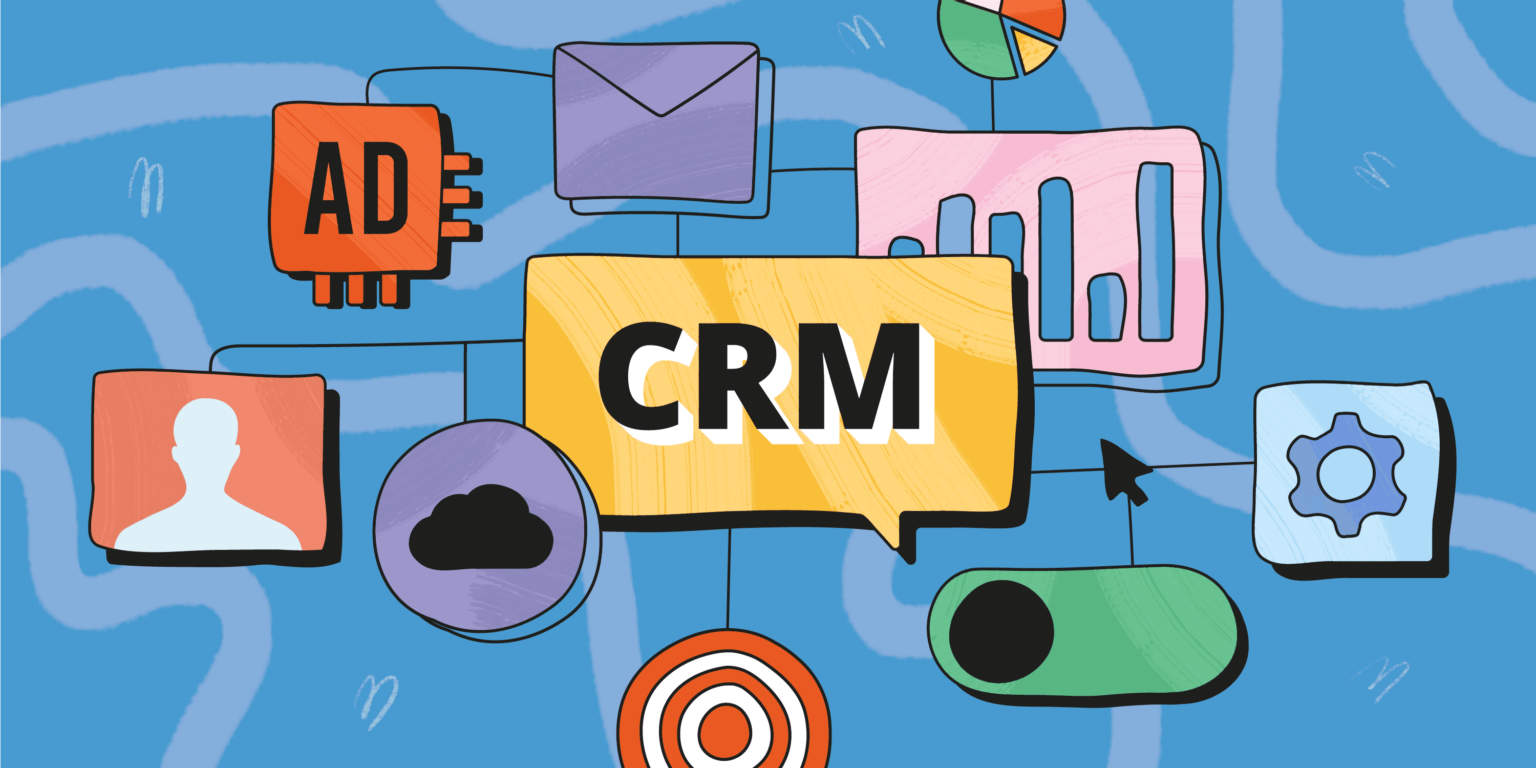In today’s dynamic business landscape, the skill to efficiently manage customer relationships is of utmost importance. Companies are constantly seeking approaches to fulfill customer expectations and improve engagement. This is where CRM solutions comes into play, offering a organized approach to developing customer interactions and driving loyalty. By leveraging the power of technology, businesses can optimize their processes, gather valuable insights, and ultimately revolutionize how they engage with their clientele.
CRM software acts as a consolidated hub for all customer data, allowing organizations to record interactions, analyze preferences, and adapt their communication strategies accordingly. With features that enable real-time collaboration, automation of mundane tasks, and customized marketing efforts, CRM systems allow teams to work more efficiently and react quickly to customer needs. As companies adopt this game-changing tool, they are not only improving their operational efficiency but are also building more substantial, more significant relationships with their customers.
Benefits of Customer Relationship Management Software
Customer Relationship Management systems delivers businesses with resources to enhance their customer engagements and streamline processes. By consolidating client data, businesses can acquire critical insights into consumer behavior and trends. This allows tailored advertising approaches and personalized communication, fostering stronger connections and increasing client loyalty.
Moreover major benefit of Customer Relationship Management solutions is enhanced efficiency in managing client communications. Automated features permit businesses to handle routine tasks such as follow-ups, appointment-setting, and data analysis with simplicity. This not only saves hours for staff but also guarantees that no client inquiries go unanswered, leading to a more structured and effective interaction plan.
Furthermore, Customer Relationship Management solutions improves collaboration among team members. With collaborative access to client data and records, teams can collaborate far effectively towards shared objectives. This collective knowledge results in improved judgments and a cohesive company approach, ultimately resulting in higher client contentment and loyalty.
Key Features to Look For
When picking CRM software, one of the most important features to think about is UI and ease of use. A effectively designed interface can greatly enhance user acceptance and efficiency. Look for software that offers user-friendly navigation features and a clean layout to help your team handle customer interactions with ease. A system that enables users to access information quickly can contribute to improved response times and greater total productivity.
Another important feature is the integration options of the CRM software. The ability to seamlessly connect with other tools and platforms your business is currently using, such as email, social platforms, and marketing automation systems, is critical. These integrations help enhance processes and ensure that all customer data is aggregated in one place, offering a more comprehensive view of customer interactions. This interconnectedness can facilitate more informed decisions and tailored customer experiences.
Lastly, strong reporting and analytics tools are vital for monitoring customer engagement and measuring the effectiveness of your approaches. Seek out CRM software that provides personalized dashboards and detailed reports. These tools can help detect trends, uncover insights, and assess the success of various initiatives. By leveraging this data, businesses can refine their strategy and boost their relationships with customers, promoting long-term growth.

Effect on Client Involvement
CRM software significantly boosts client involvement by offering businesses with the tools necessary to comprehend their clients more effectively. By centralizing customer information, companies can gain understanding into purchasing habits, dislikes, and engagements. This information allows companies to customize their messages and marketing strategies, making sure that customers receive content and offers that resonate with them. As a consequence, businesses can build stronger connections with their customers, boosting loyalty and return purchases.
Moreover, CRM software enables prompt and relevant communication with clients. Automated reminders, personalized messages, and follow-up tasks help ensure that customers feel valued and involved. Organizations can respond to questions promptly and predict clients’ needs based on their past interactions and engagements. This proactive approach results in increased contentment and a better overall journey for the client, eventually driving better engagement.
Furthermore, the combination of CRM software with multiple communication channels creates a smooth engagement experience. Organizations can engage clients through various channels, including emails, social media, or phone calls, while ensuring a consistent message. crm training ensures that clients receive support and information whenever require it, boosting their confidence with the brand. In conclusion, by simplifying communication and enhancing customer insights, this system plays a vital role in changing client engagement for the benefit.
